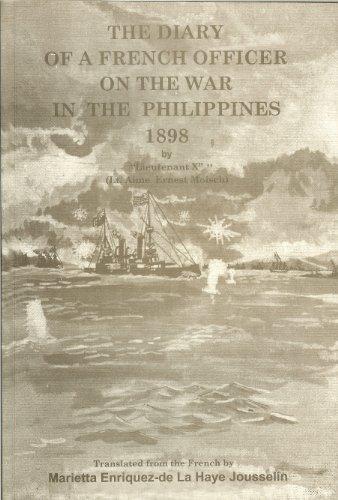Political Attitude of the Religious
Yesterday, 60 Dominicans left for Hongkong. The departure of other priests of different orders is under consideration. It is unlikely that they will return to Europe. They will wait on English territory for the result of the Congress of Paris on the fate of the Philippines. Their loyalty to Spain is only secondary to their allegiance to the Church. Their great fear is that should the Philippines become independent, they would be compelled to leave one of the richest agricultural lands in the world. They realize that their chance of remaining and keeping their possessions are better if the archipelago is annexed to the United States.
It is shocking to see that the religious are not about to share defeat with Spain after having slowly dispossessed her of these islands these past 350 years. Instead, they are congratulating themselves on the fact that in no less than three months they will retrieve their losses from the United States, with whom they will join forces against their only declared enemies, the indigenous population. The Filipinos will surely be following the evolution of the American policies, particularly the presence of the religious orders in the archipelago, which represents a very sensitive situation, since the Filipino revolution was directed more against the Church than against Spain.
The archbishop of Manila, a Dominican by the name of Nozaleda, has fled on a German ship Darmstadt, which will take him to Shanghai. This prelate, who left his flock at the start of the hostilities, is rumored to be preparing for his return to the Philippines. He has made overtures to General Merritt, and it is certain that these will be accepted. Might is right. Regarding matters on governing the native population, both the Americans and the Church see that mutual benefits can be derived by joining forces.
The Americans no longer hide their feeling that the native population is not capable of governing itself, a conviction evidently shared by the religious. The two powers have only to unite to govern these people, who could be invaluable to them but for whom they feel no real concern.
From this day onward, the archbishop will uphold the need for removing the Philippines from Spanish rule. To defend his position, he states that insamuch as the Americans are much more powerful than the Spaniards, the Philippines should fall under American rule. Not even the devil would dare contradict him.
